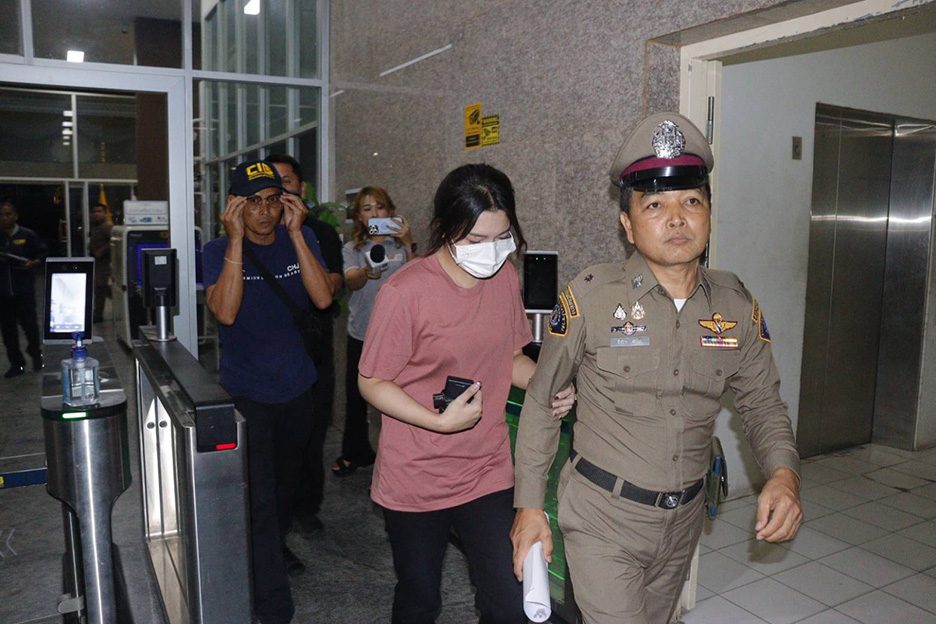Delay Urged for Elephant Birth Control Shots
Conservationists Call for Caution
Conservationists are urging a delay in the implementation of birth control shots for wild elephants in Thailand. The initiative, aimed at controlling the growing elephant population, has raised concerns regarding its potential impacts on wildlife and the environment. The Natural Resources and Environment Ministry’s plan involves administering “SpayVac” contraceptive shots to female elephants, which are designed to prevent conception without altering their behavior or physical characteristics.
Population Growth and Human-Elephant Conflict
Thailand is home to approximately 4,000 wild elephants, with a birth rate increasing by 7-8% annually. This growth is projected to push the population to around 6,000 within four years, exacerbating conflicts with local communities. Since 2012, there have been at least 240 fatalities and over 200 injuries due to elephant attacks. The ministry’s initiative aims to mitigate these conflicts and promote coexistence between humans and wildlife.
Pilot Program and Future Expansion
The Department of National Parks, Wildlife and Plant Conservation (DNP) plans to conduct a pilot program in border forests in eastern Thailand next month. If successful, the program will expand to other regions. DNP director-general Atthapol Charoenchansa emphasized that the SpayVac shots could significantly enhance safety for communities living near forested areas while aiding in the conservation of wild elephants.
Expert Opinions on Contraceptive Measures
Experts have expressed mixed feelings about the long-term effectiveness of contraceptive measures for controlling elephant populations. While some believe it could help manage growth rates, they caution that such initiatives require careful planning and monitoring. Implementing a large-scale contraceptive program involves logistical challenges, including the need for repeated vaccinations and tracking individual elephants.
A Balanced Approach Needed
As Thailand moves forward with its elephant birth control initiative, it is crucial to balance wildlife conservation with community safety. Experts advocate for thorough research and careful execution of such programs to ensure they do not inadvertently harm elephant populations or disrupt their natural behaviors. The call for a delay reflects a broader concern for sustainable wildlife management practices that prioritize both human and animal welfare.









